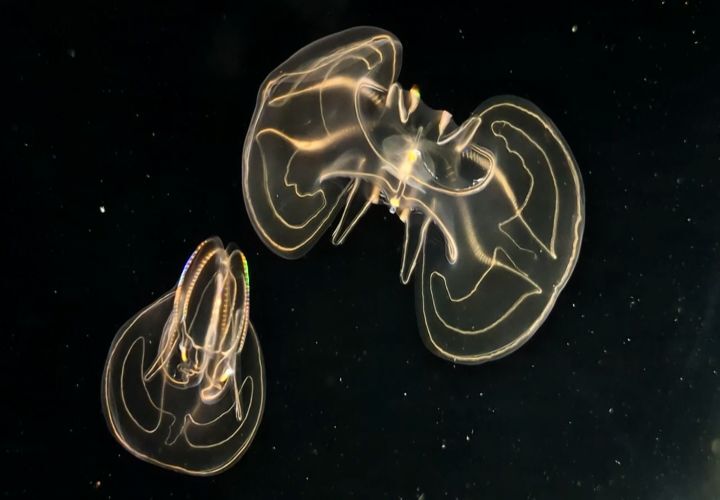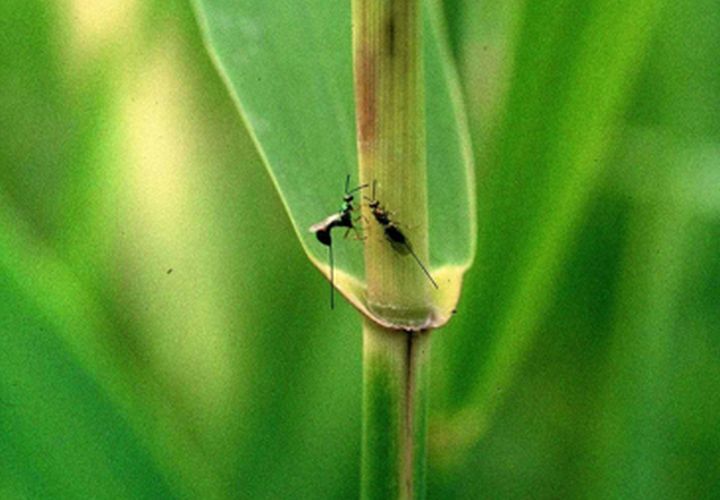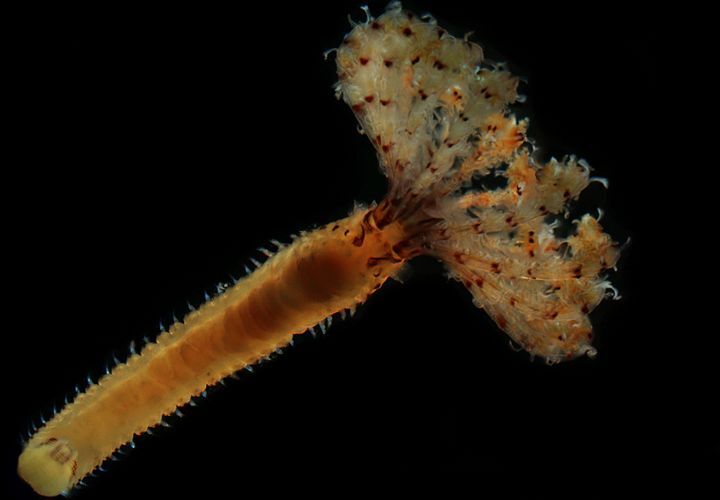The University of Göttingen is an internationally renowned research university. Founded in 1737 in the Age of Enlightenment, the University is committed to the values of social responsibility of science, democracy, tolerance and justice. It offers a comprehensive range of subjects across 13 faculties: in the natural sciences, humanities, social sciences and medicine. With about 28,000 students and more than 210 degree programmes, the University is one of the largest in Germany.
New press releases

Göttingen Research Images of the Year
How can researchers communicate the complexity, significance and beauty of their work? This question inspired Göttingen’s Science Communication Network to consider how best to showcase the diversity of research at the Göttingen Campus. They organised a contest to collect Research Images of the Year. The top 20 images are due to go on display at a special exhibition at the Forum Wissen from 12 March to 10 April 2026. Opening event on 11 March: everyone welcome!
more…
Tiny flows, big insights: microfluidics system boosts super-resolution microscopy
Understanding how cells are organized and how their molecular components interact is a central goal of modern life sciences. But this isn’t easy: it requires “multiplexed super-resolution microscopy” – an advanced imaging approach. However, there are many drawbacks to existing methods, so researchers set out to overcome these and developed a dedicated microfluidics system that makes multiplexed super-resolution microscopy easier, more reproducible, and accessible.
more…
Hidden insect diversity in grass shoots threatened by mowing
When it comes to biodiversity, it's easy to focus on just large-scale patterns. This overlooks a hidden but precious diversity: small, inconspicuous wasps, midges, flies, beetles and other insects that live in plants. These tiny creatures are actually very common.The researchers studied insects in over 23,000 shoots of grass. They found 255 species of insects.This means areas in grassland should not be mown for several years: stable insect populations need undisturbed refuges with intact shoots of grass.
more…
Treasure trove of data on worms in Europe's seas
Species are disappearing at an alarming rate worldwide. Little-studied groups, including many marine worms, are particularly affected. In fact, species are threatened with extinction before they have even been scientifically described! Researchers are building a comprehensive dataset on European “marine annelids” – segmented sea worms – and plan to make it openly accessible for international research.
more…
Good marks for academic subjects!
In the current subject ranking by Times Higher Education (THE), Göttingen University is among the top ten in Germany in four major subject areas and appears twice in the top 100 worldwide. The University was placed fourth in Germany in the Life Sciences and 60th worldwide. It was placed sixth in Germany in the Physical Sciences. It also appeared in the top ten rankings in Germany in Law and in the subject area of the Arts and Humanities.
more…
Restoring the web of life in farmland
Dr Elena Velado-Alonso at the University of Göttingen has been awarded a Marie Skłodowska-Curie Actions (MSCA) Postdoctoral Fellowship. The new project will investigate how environmental schemes can better sustain the web of life in farmland: pollinator communities and the interactions that underpin plant reproduction and crop yields. The project, called METAGROLAND, will develop tools to guide the design of more effective, large-scale schemes and build more resilient agricultural ecosystems.
more…




















